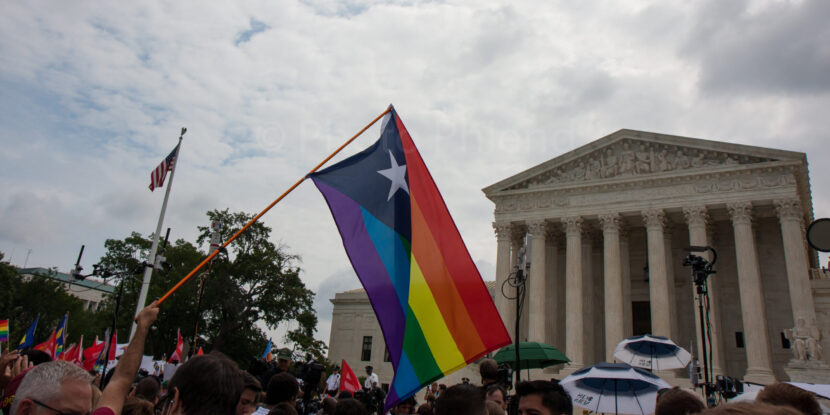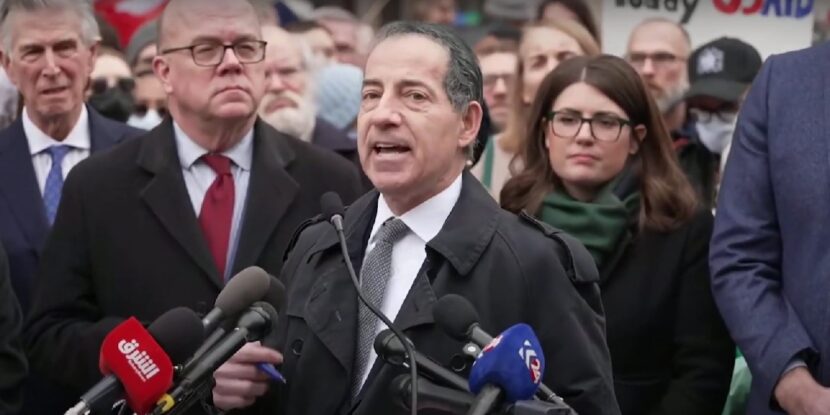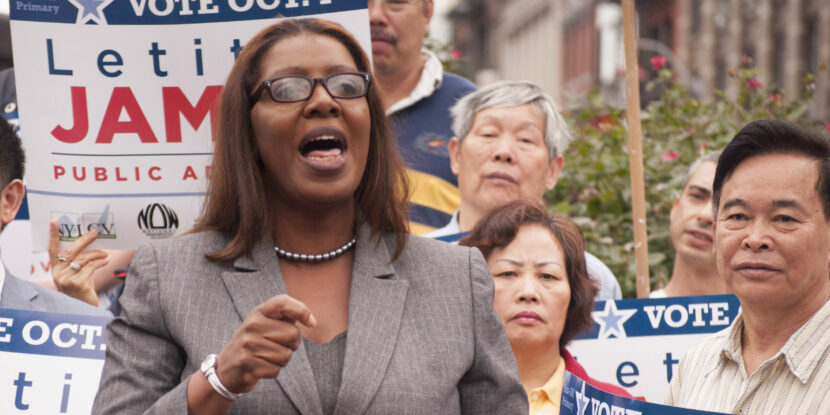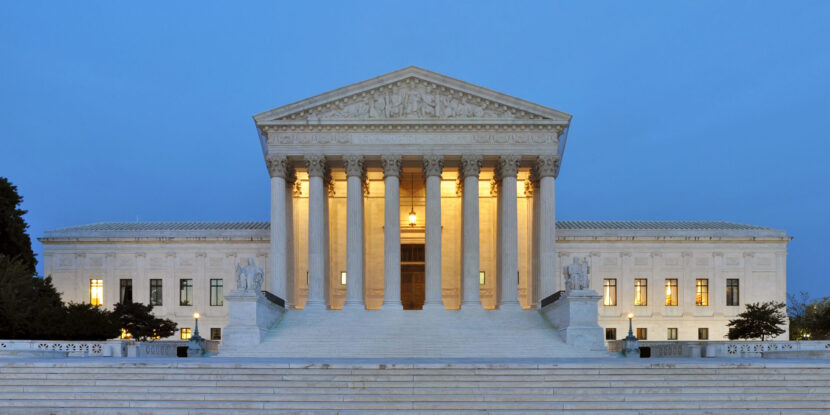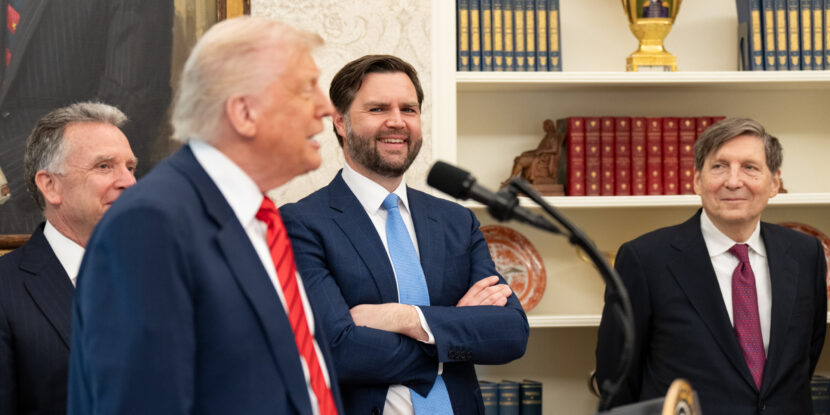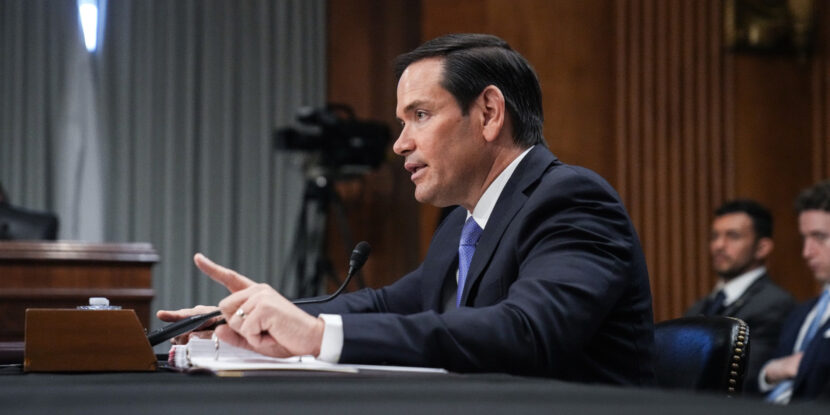❓WHAT HAPPENED: German officials have pushed back at a U.S. State Department human rights report that claims the country is suppressing free speech online.
👤WHO WAS INVOLVED: State Department, German government officials, German federal spokesman Steffen Meyer.
📍WHEN & WHERE: August 2025, Germany and the United States.
💬KEY QUOTE: “A very high degree of freedom of expression prevails, and we will continue to defend this in every possible way,” claimed German federal spokesman Steffen Meyer.
🎯IMPACT: The pushback comes as German citizens continue to be arrested for social media posts branded hate speech or public insults by German government officials.
German authorities have dismissed accusations in a recent U.S. State Department human rights report that alleges the country is suppressing free expression, particularly on social media. The U.S. report expressed concern that German authorities are restricting public discourse in the name of combating hate speech.
“There is no censorship here in Germany,” said government spokesman Steffen Meyer, representing Chancellor Friedrich Merz’s cabinet. “A very high degree of freedom of expression prevails, and we will continue to defend this in every possible way,” Meyer claimed.
However, so-called hate speech against immigrants and other groups is indeed an arrestable offense in Germany, as are public insults, particularly against politicians and other officials. In one instance, a 64-year-old man was fined €825 (around $962) and police raided his home after he shared a meme that labeled former Economy Minister Robert Habeck a “professional idiot.”
In one particularly egregious case, a German woman was imprisoned for defamation after she called an immigrant gang rapist a “disgraceful rapist pig” and “disgusting freak”—getting a harsher punishment than the rapist himself, who received only a suspended sentence.
Vice President J.D. Vance has sharply criticized Europe’s handling of free speech, including in Germany. During a speech at the Munich Security Conference in February, he asserted, “Across Europe, free speech, I fear, is in retreat.” He blamed European governments for using “ugly, Soviet‑era words like misinformation and disinformation” to suppress dissenting viewpoints, arguing that such practices protect entrenched interests, not democracy.
“The threat that I worry the most about vis‑à‑vis Europe is not Russia… It’s the threat from within. The retreat of Europe from some of its most fundamental values,” he said. He emphasized that “democracy rests on the sacred principle that the voice of the people matters.”
Vance later questioned whether the U.S. taxpayer should continue defending Germany if “you get thrown in jail in Germany for posting a mean tweet.”
Join Pulse+ to comment below, and receive exclusive e-mail analyses.
show less

